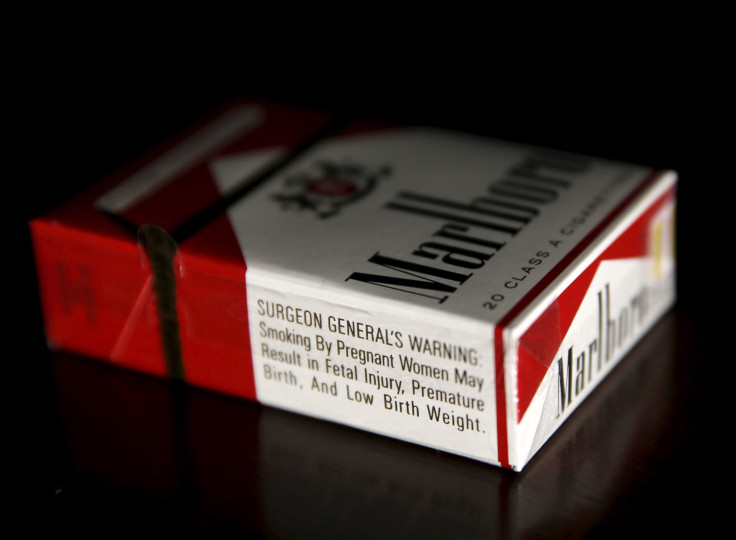Tobacco Cost By State: Why Cigarettes Prices Could Increase On Election Day

Americans unhappy with their options for this presidential election may feel frustrated on Nov. 8, but smokers have another reason to be upset: Voters in four states will see the option to support a tobacco tax hike when they head to the election booths in less than three weeks.
California, North Dakota and Missouri, three states that haven’t raised cigarette taxes since the turn of the century, will include provisions for increases on their Nov. 8 ballots. A majority vote for California’s Proposition 56 would lead to a tax increase of $2.00 per pack, on top of a current excise tax of 87 cents, while North Dakota’s Initiated Statutory Measure 4 calls for a general increase in the state, which has the fourth-lowest tobacco tax in the country.
Nov. 8 ballots in Missouri, which has the lowest cigarette tax in the U.S., will include not one, but two separate measures intended to raise cigarette taxes. Proposition A seeks a 23-cent per pack increase by 2021, along with a 5 percent sales tax, while Constitutional Amendment 3 would increase cigarette taxes from the current 17 cents to 77 cents by 2020, with an additional 67-cent per pack fee imposed on tobacco wholesalers. The last time Missouri voters checked “yes” on a tobacco tax increase—hiking the rate from 13 cents to 17 cents per pack—was 1993.
The three states are joined by Colorado, where Amendment 72 would raise cigarette taxes by $1.75 per pack, up from the current level of 84 cents.
The average state cigarette tax was $1.65 per pack as of July, with New York boasting the highest at $4.35, followed by Connecticut with $3.90 and Rhode Island with $3.75.
Whether tobacco taxes actually reduce use of cigarettes has long been disputed. In a 2012 study, the National Bureau of Economic Research found that a doubling of tobacco taxes would be required just to decrease smoking among adults by as much as 5 percent. A study from the libertarian-leaning Cato Institute, however, found that increasing cigarette taxes by just 1 percent could cause adult consumption to fall by between 0.3 and 0.7 percent.
© Copyright IBTimes 2024. All rights reserved.






















